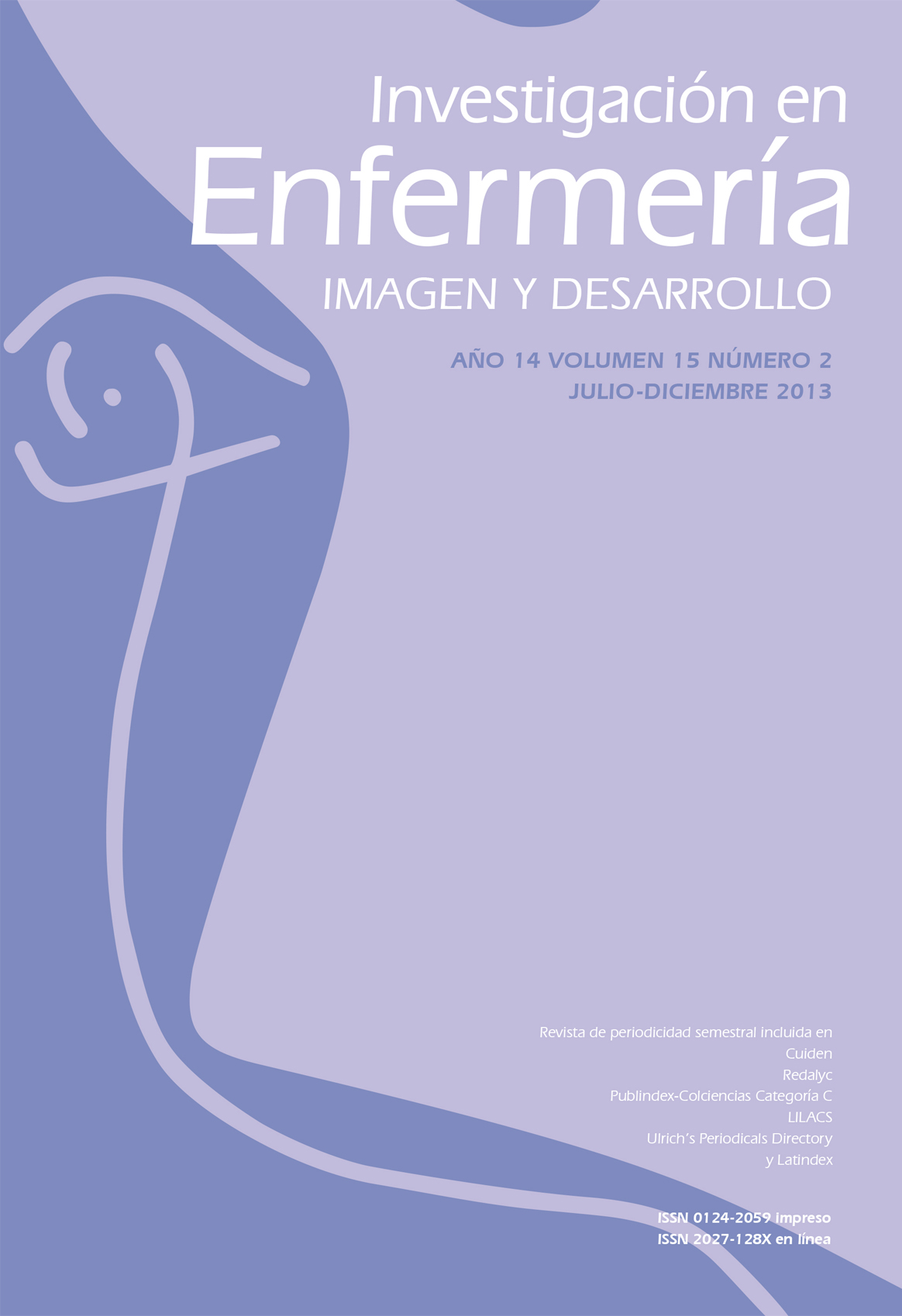Abstract
Comprehensive training is one of the elements that have been considered very important to positively impact society. This training, according to the Association of Jesuit Colleges of Colombia (Acodesi), has several dimensions, which if developed could compromise more decisively the person who realizes the value of this training to impact their society with their actions .When compared with nursing skills or what is proposed in the Law 266, it opens a way for the student nurse, from his formative project, to take responsibility to train himself as a concerned citizen and able to influence the transformation of society. This comprehensive training relate to the principles of the nursing profession, which means that the nurse guides the nursing care to provide efficient and effective assistance to the person, family and community, founded on social, human and ethical values and technical-scientific standards. Carrying out this goal involves learning to make decisions based on values that are interlinked with the concepts of service, commitment, solidarity and the option of an alternative performance to transform any practices which are found meaningless. An alternative where the quality of nursing services constitute a way to contribute to the transformation of society and fundamentally of health services which in Colombia is even more urgent.
The journal Investigación en Enfermería: Imagen y Desarrollo is registered under a Creative Commons Attribution 4.0 International Public License. Thus, this work may be reproduced, distributed, and publicly shared in digital format, as long as the names of the authors and Pontificia Universidad Javeriana are acknowledged. Others are allowed to quote, adapt, transform, auto-archive, republish, and create based on this material, for any purpose (even commercial ones), provided the authorship is duly acknowledged, a link to the original work is provided, and it is specified if changes have been made. Pontificia Universidad Javeriana does not hold the rights of published works and the authors are solely responsible for the contents of their works; they keep the moral, intellectual, privacy, and publicity rights.
Approving the intervention of the work (review, copy-editing, translation, layout) and the following outreach, are granted through an use license and not through an assignment of rights. This means the journal and Pontificia Universidad Javeriana cannot be held responsible for any ethical malpractice by the authors. As a consequence of the protection granted by the use license, the journal is not required to publish recantations or modify information already published, unless the errata stems from the editorial management process. Publishing contents in this journal does not generate royalties for contributors.


